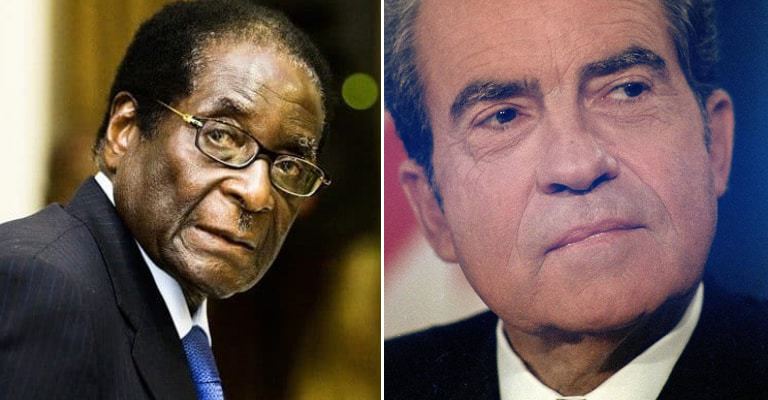Public trust in politicians has taken quite the battering all over the world in recent years. Whether it’s the widespread discontentment against President Trump in the USA from many quarters, or the growing anti-Establishment sentiment in Britain that was partly responsible for the shock decision to leave the European Union in 2016, or the anger at elected officials in many European countries, it seems cynicism and distrust towards leaders chosen by the people has never been so strong.
But a look back at the past indicates that in fact the recent conduct of some politicians arguably isn’t that bad by comparison. It seems the desire to hold on to power once you’ve been ushered in has always motivated some people to do some pretty mendacious things. Indeed, the past is replete with examples of lies, corruption and downright shameful conduct of individuals who were supposed to be serving their people but in actuality focused mainly on serving themselves.

We set out below just a small selection of individuals in history whose deceit, duplicity and downright dastardly behavior undoubtedly sullies the reputation of politicians the world over, a vocation that might otherwise have been regarded as more laudable, noble and good than it currently is.

